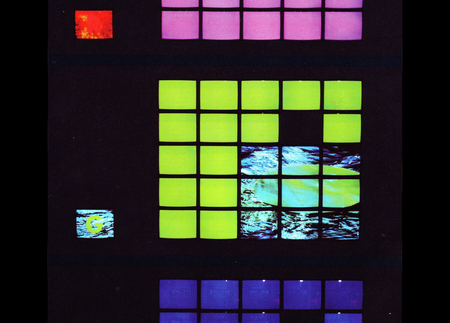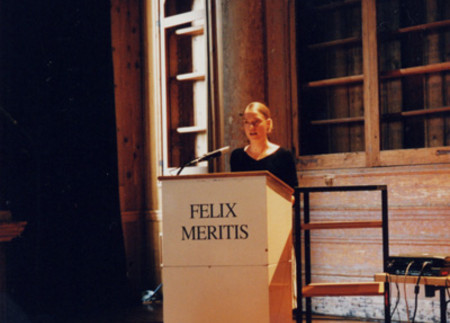Jean Baudrillard, notorious French sociologist, cultural critic, and theorist of postmodernity, was born in 1929 in Reims.
He was associated with Roland Barthes, and he was also influenced by Marshall McLuhan who demonstrated the importance of the mass media in any sociological overview.
The foundation of Baudrillard's philosophy is the criticism of traditional, critical scientific thinking, replacing reality with the illusion of truth. We live in an illusion, the radical illusion, where things are exactly what they seem to be. The illusion is the immediate experience one has through the five senses, a subjective experience tainted by feelings and without rationalizations.
Baudrillard's philosophy centers on the twin concepts of "hyperreality" and "simulation." These terms refer to the virtual or unreal nature of contemporary culture in an age of mass communication and mass consumption. We live in a world dominated by simulated experience and feelings, Baudrillard believed, and have lost the capacity to comprehend reality as it really exists. We only experience prepared realities – edited war footage, meaningless acts of terrorism, the destruction of cultural values and the substitution of "referendum."





